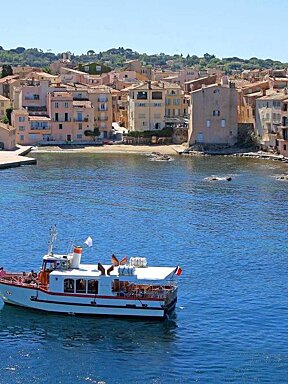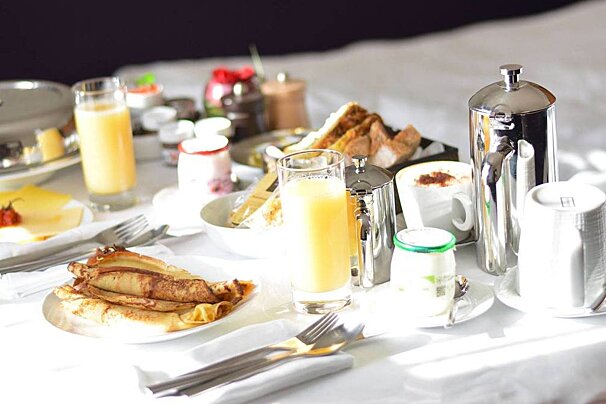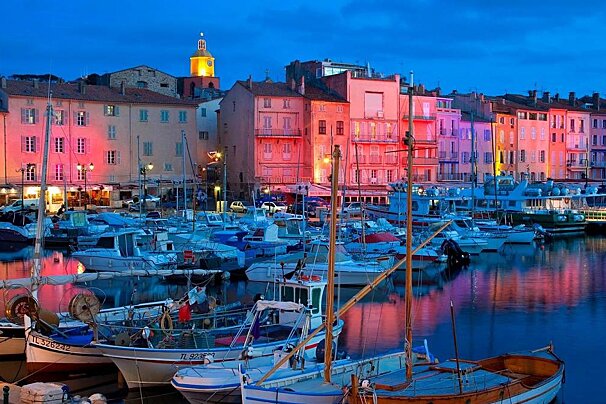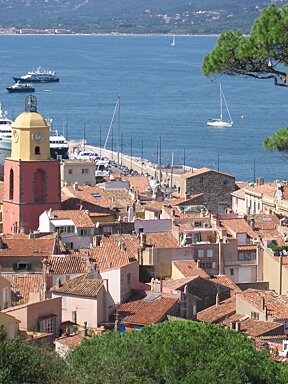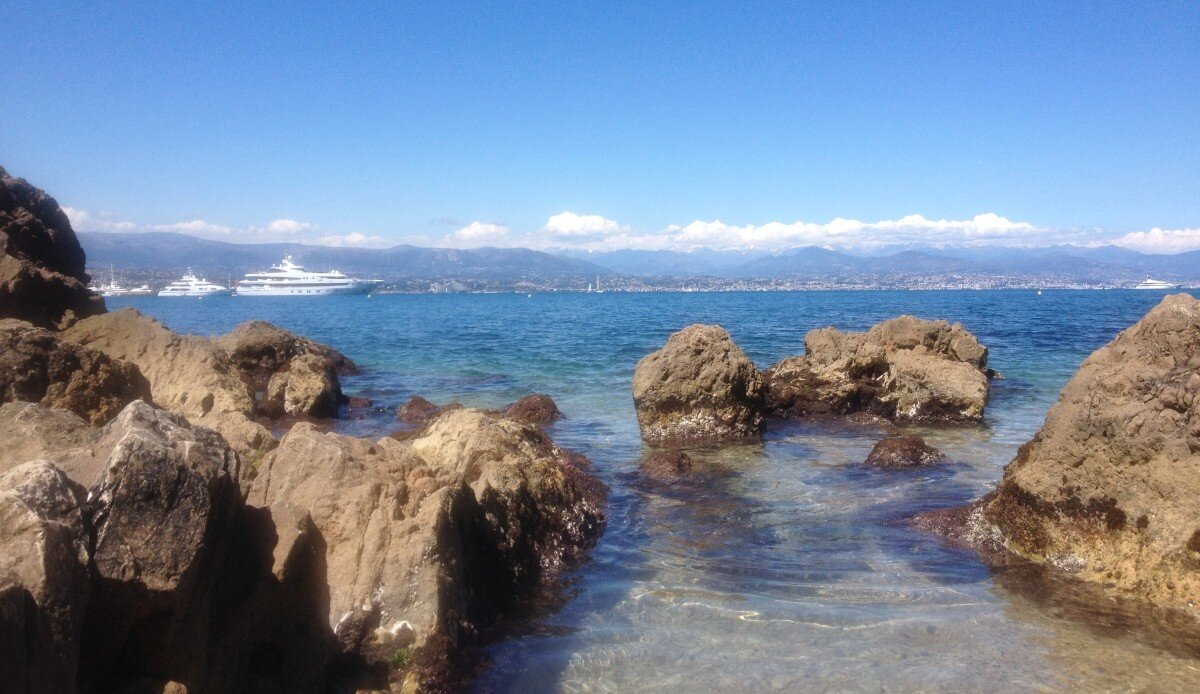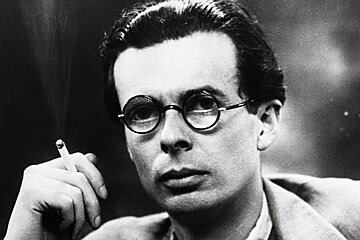
Aldous Huxley
One of the greatest 20th century writers
Aldous Huxley lived on the French Riviera for seven years, during which time he wrote the dystopian novel Brave New World that would entrench him as one of the greatest 20th century writers and intellectuals. He would also be part of an alleged plot to steal DH Lawrence’s ashes and scatter them to the desert winds, a story so wonderful that it should have really appeared in a novel.
Huxley was born into a famous family. His grandfather was ‘Darwin’s Bulldog’, a controversial biologist who assisted Darwin in coming up with the theory of evolution, while his mother was from a family of writers and educators well known in the latter years of the 19th century.
A young man of obvious academic potential, the young Huxley was studying at prestigious boys’ school Eton when he contracted an eye disease which rendered him largely blind in one eye. This ailment would dash his later attempts to join the military to fight in the Great War, an intervention for which the world of literature must be profoundly grateful.
After graduating with a first class BA degree from Oxford, Huxley went on to work for a short time as a French teacher at Eton, although by all reports he was terrible at it and struggled with maintaining discipline. During the war he worked for some time as a farm labourer to assist the war effort, where he met his first wife, Maria, a Belgian refugee, whom he would move to the south of France with several years later.
Upon arriving on the Cote d’Azur they stayed at the fashionable Hotel Beau Rivage in Bandol, soon moving to the Villa Huley in the small village Sanary-sur-Mer near Toulon. They spent the next seven years in ‘Villa Huxley’ as it came to be known, living a life of contentment. Huxley wrote of this place, ‘Here, all is exquisitely lovely. Sun, roses, fruit, warmth. We bathe and bask’.
He wrote Brave New World in a short 4 months, and this creative time in the Mediterranean sun would also see the publication of Eyeless in Gaza and many other works which consolidated his reputation as a formidable essayist and a novelist of dazzling intellect.
The couple drove along the Cote d’Azur in a red Bugatti, socialising with their writer friends who also flocked to the Riviera during the 1930’s, including Virginia Woolf, Cyril Connelly, and poor doomed Katherine Mansfield. No less doomed, of course, was Huxley’s great friend and literary giant, DH Lawrence, who would fall victim to consumption and die in a house near Grasse.
And this is where it gets interesting.
The Huxleys were at Lawrence’s bedside when he died, and by his graveside when he was buried. Upon hearing 5 years later that Lawrence’s adulterous wife Freida had exhumed and cremated the remains and was intending to charge tourists money to visit his shrine, the Huxleys vowed to steal Lawrence’s ashes and scatter them to the desert winds. To which Freida threatened that she would put her late husband’s ashes in a cement mixer if they tried. And they say romance is dead.
Remarkably, nobody knows what happened to the ashes, although it seems they were either left in a train station, put in the cement mixer or poured over the side of an ocean liner by Freida’s Italian lover.
Regardless, it seems fitting that two men so famous for their imaginations were involved in such a dramatic plot.
The couple then moved to America, which he reportedly loved for its vitality and extravagant generosity, but deplored for its lack of conversation. While he was working as a scriptwriter in California, he used his generous salary to get refugees away from Hitler’s Germany. His wife Maria died in 1955; Huxley married again a year later to the writer Laura Archera.
Huxley became a strong proponent for the use of LSD, claiming that it allowed an escape from the body. When he was dying of laryngeal cancer, he asked his wife to administer a fatal dose, which she did on November 22, 1963, the same day that JFK was assassinated.
Just as JFK has left a lasting legacy, so too has Huxley, whose warnings of the risk to human freedom posed by technology and government seems more prescient by the day.
Brave New World seems increasingly quoted as the years go by and the modern world grapples with the very challenges to liberty and social order that technology and government pose in our brave new world.

